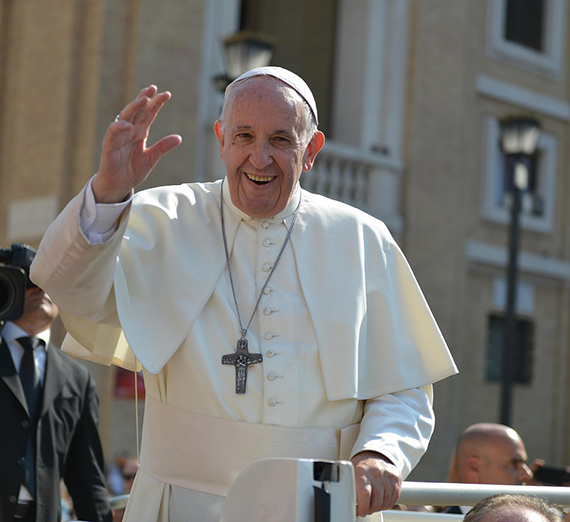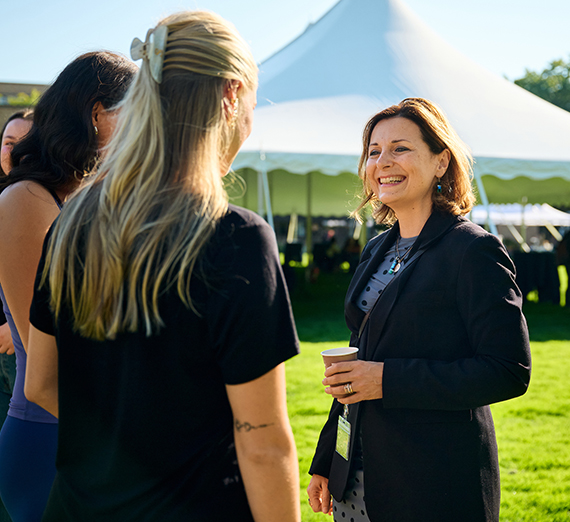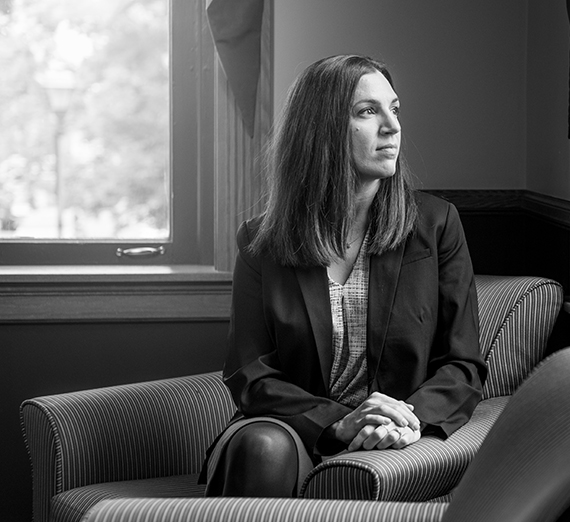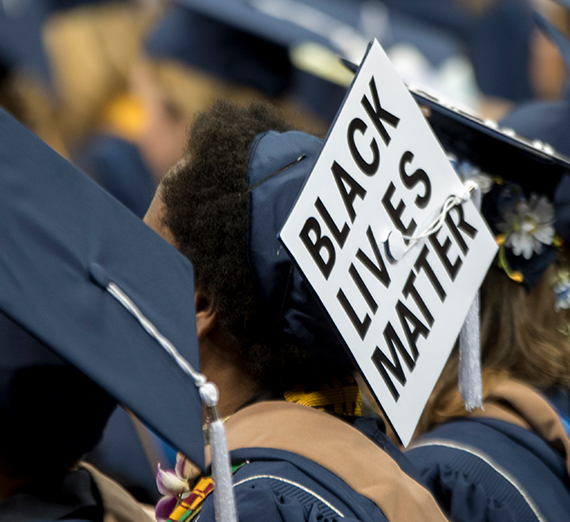Voting as a Just Society: Three-part series hosted by Mission and Ministry
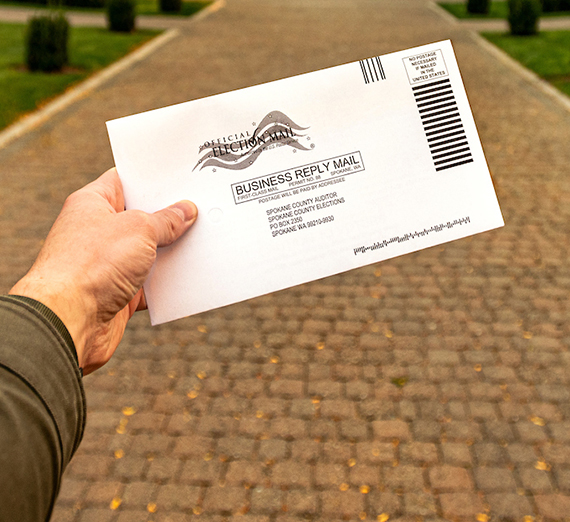
“Voting for the Common Good” was a three-part series focused on using our right to vote as another way of animating our mission in pursuit of a more just society. Spread over the last month, it was hosted by the Office of Mission and Ministry to bridge the idea of the common good and the complexities of an election cycle.
“Our hope was to invite the GU community to discern how the Gospel, generally, and Catholic Social Teaching, through its interpretation of the Gospel in light of various signs of the times, calls us to be politically engaged,” said event organizer Kevin Brown, Ph.D., senior specialist for faculty and staff formation and instructor of Religious Studies.
The series began with a conversation with Patrick McCormick, S.T.D., professor of Religious Studies, on the topic of “Democracy and the Common Good in the Catholic Social Tradition.” He spoke about the importance of community as the common good as it relates to democracy. In the Catholic social tradition, the common good should be understood as the fulfillment of ultimate human dignity of all, committed to the flourishing of the gifts of others. To create a just society aimed at the common good, we must “be committed to allowing others to flourish in their whole range of gifts to transform the community and we must create an environment that encourages and nurtures that space for others to flourish,” McCormick said. This is fulfillment of human dignity.
The second part, “The Preferential Option for the Poor and Marginalized in Catholic Social Thought” was led by Megan McCabe, Ph.D., assistant professor of Religious Studies. A hallmark of Catholic Social Teaching, the preferential option for the poor is much deeper than simply economic poverty. This is a practice of using those in society who are marginalized as the measuring stick of how a society is doing. These considerations should be the ones that shape our civic participation in pursuit of the common good. The preferential option for the poor is not an option, but an obligation, McCabe says, “For God’s universal love be made manifest, it must be felt by those who are suffering,” and those in a position to serve those suffering are responsible to do so.
Finally, Brian Henning, Ph.D., professor of philosophy and chair of Environmental Studies, used Pope Francis’ 2015 encyclical Laudato si’ to emphasize the connection we have to all living things. Catholic Social Teaching emphasizes the common good must be understood from an ecological perspective and Henning invited participants to consider what working for the realization of the common good might look like considering the existential, ecological threat of climate change. As Henning encouraged, “When voting for the common good, be a voice for the voiceless and that includes the cries of the poor and the cries of the earth.”
As we come upon the election and cast our ballots, the exploration of elections in light of Catholic Social Thought makes things harder, more complex and nuanced. Voting for the common good means valuing the dignity of all human life and working to allow all life to flourish. It means informing our conscience and not simply voting along party lines. We are asked to go deeper into prayer and reflection to discover how God is moving our hearts and respond, in kind, in support of the common good.
- Faith & Mission
- College of Arts & Sciences
- Division of Mission Integration
- Religious Studies

